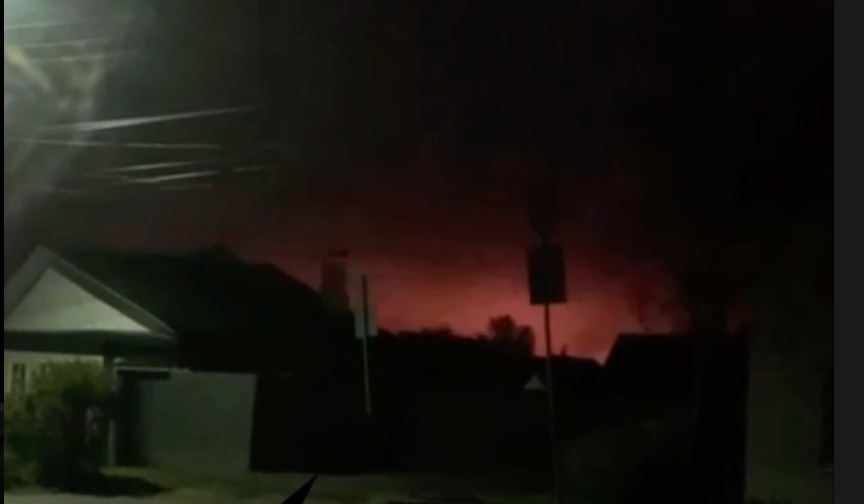Hungary’s Orban rebuked by EU chief over Russia stance, complains of ‘political propaganda’

European Commission chief Ursula von der Leyen rebuked Hungary over its stance on Russia’s war in Ukraine, and its strengthening of political and economic ties with Moscow in comments at the European Parliament in Strasbourg on Oct. 9
In what promised to be a heated plenary session, Hungary’s Prime Minister Viktor Orban had hoped to discuss his country’s plans for the Presidency of the European Council which it currently holds until the end of the year.
Instead, he was confronted by von der Leyen who rebuked several aspects of his country’s stance towards Russia.
"The world has witnessed the atrocities of Russia's war. And yet, there are still some who blame this war not on the invader but the invaded. Not on Putin’s lust for power but on Ukraine’s thirst for freedom," von der Leyen said.
Hungary has repeatedly blocked aid to Ukraine, pushed for negotiations, and frequently spouted Kremlin talking points. Hungary has condemned Russia's full-scale invasion while refusing to supply Ukraine with weapons.
"So I want to ask them, would they ever blame the Hungarians for the Soviet invasion in 1956?" von der Leyen said while looking directly at Orban.
The comment came after a top aide of Orban criticized Ukraine's resistance to Russia's full-scale invasion, calling it "irresponsible" and suggesting his country would have advised against fighting back if it had been asked.
Balazs Orban – no relation to the prime minister – made the comments when discussing Hungary's anti-Soviet uprising in 1956 which was brutally put down by the Red Army.
"Considering 1956, we would have probably not done what President Zelensky did 2.5 years ago, as it is irresponsible, as we can see that he led his country into a defensive war, many lives were lost and territories lost," he said in an interview published Sept. 26.
Orban rejected von der Leyen’s parallel, saying "there is nothing in common between 1956 and the Russian-Ukrainian war."
Von der Layen also criticized Hungary’s scheme to simplify the procedure to grant visas to Russian nationals, describing it as a "backdoor for foreign interference."
Orban dismissed the criticism as "political propaganda."
"I would have been pleased to debate the presidential program but I see you’re not interested," he said.











